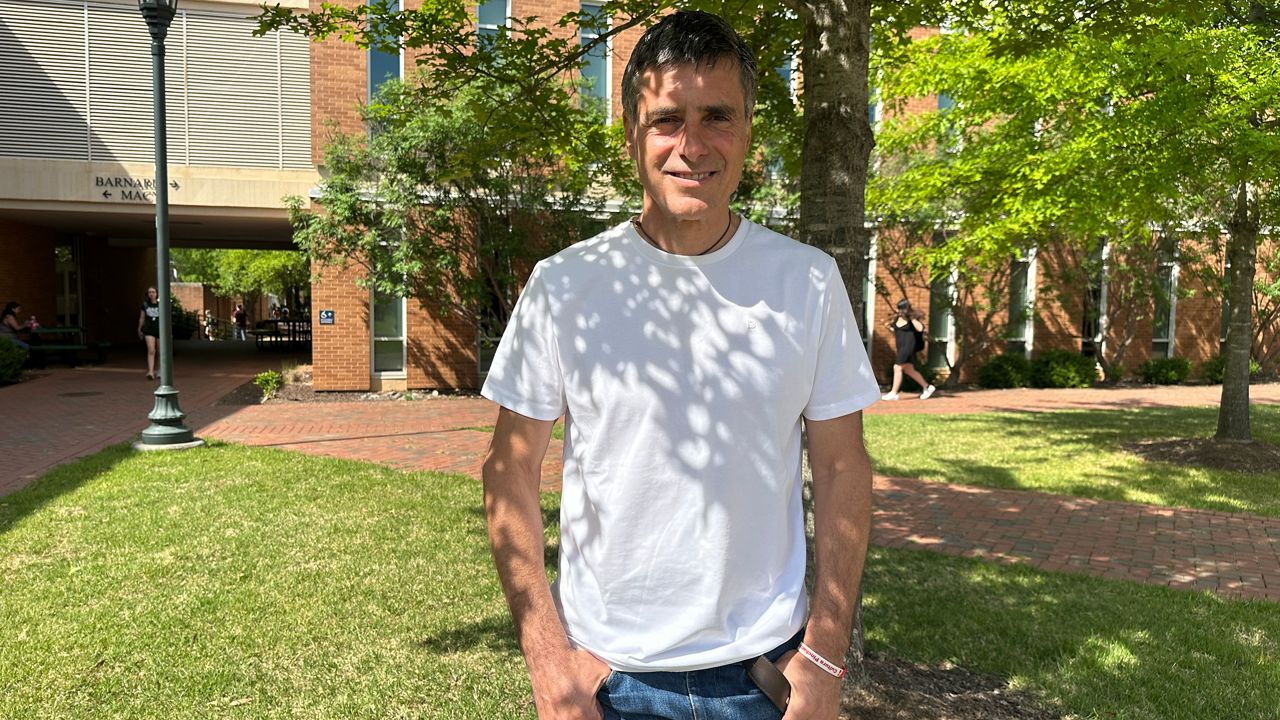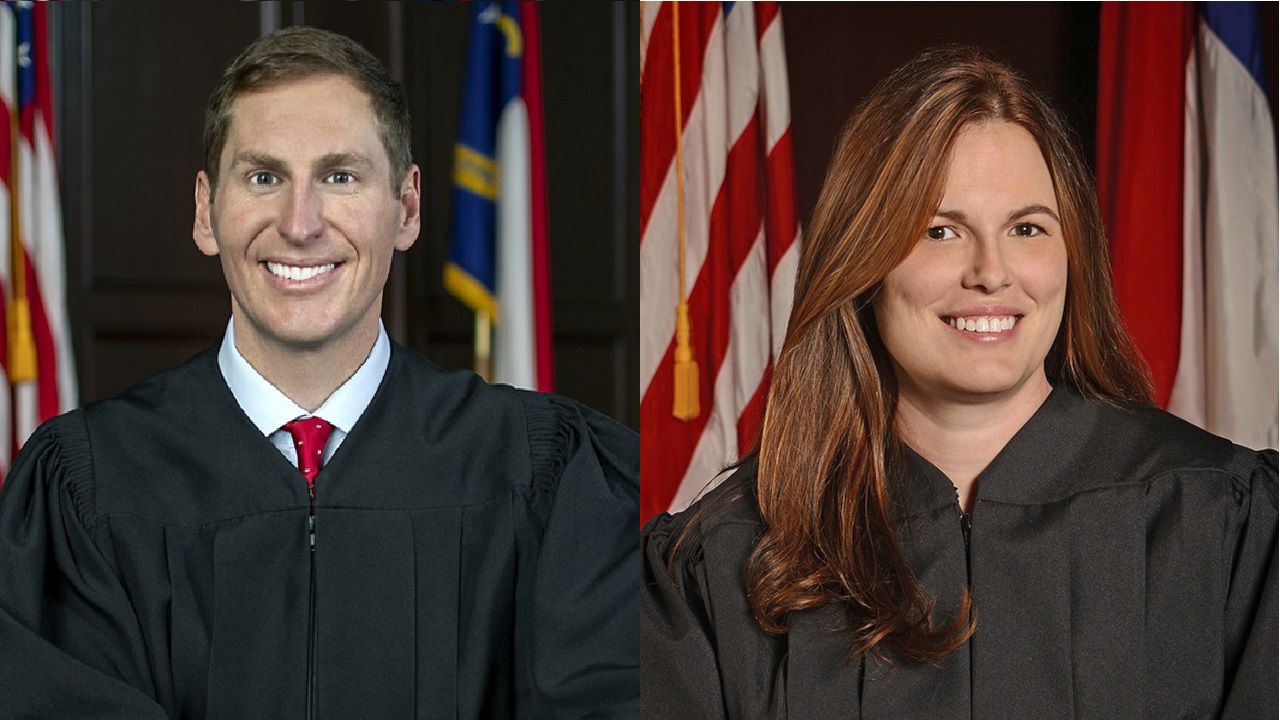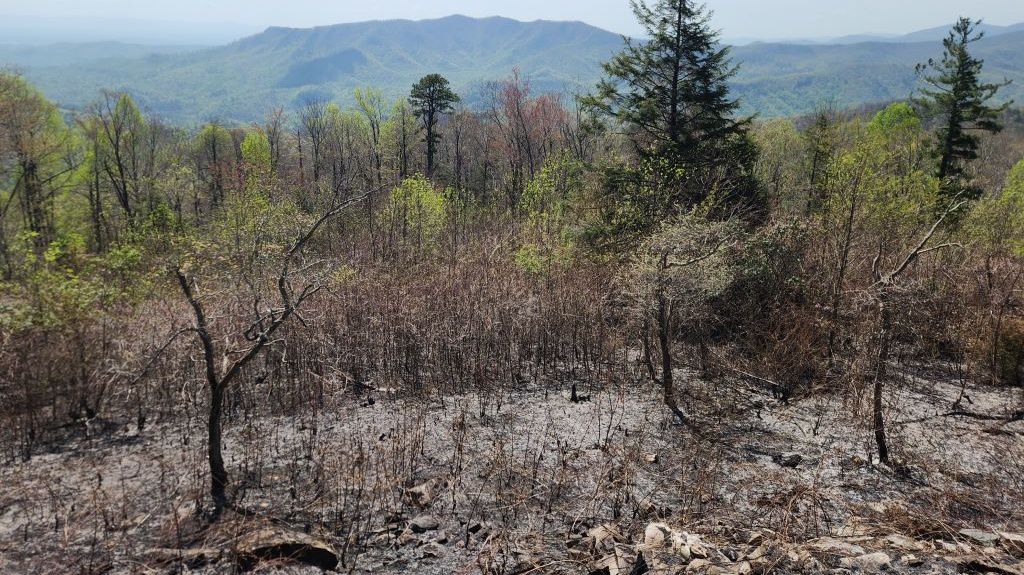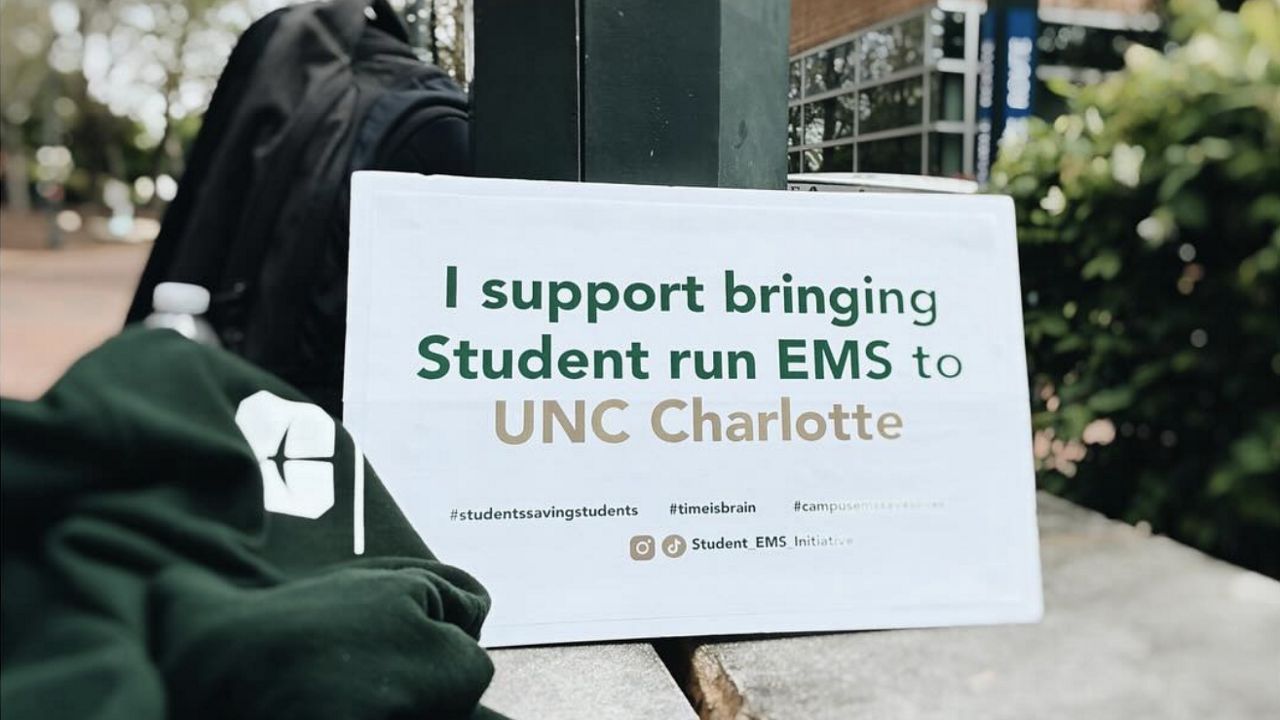HUNTERSVILLE, N.C. — Public safety is a priority for law enforcement agencies nationwide, but minor traffic accidents are eating up their time.
A new state law aims to ease these burdens for officers so they can better respond to community needs.
North Carolina Gov. Roy Cooper just signed House Bill 140 allowing “civilian traffic investigators.”
The law allows municipalities to employ civilians to investigate traffic crashes involving only property damage.
Police Maj. Brian Vaughan has been on the Huntersville Police Department for 22 years and says his team is dedicated to community policing.
But Vaughan says the department is spending a great deal of time handling traffic accidents.
“If you ask any citizen in Huntersville right now, the No. 1 problem would be traffic and traffic crashes,” Vaughan said. “If you ask any citizen in Huntersville right now, the No. 1 problem would be traffic and traffic crashes,” Vaughan said.
Vaughan says civilian traffic investigators will give sworn officers more time to focus on community policing.
“I believe they’re going to be able to come out to something, a minor collision causing a major traffic headache, and move those folks out of the road in order to get traffic freed up,” Vaughan said. “Be able to work that crash and a police officer will never actuallly have to come to the scene and they can continue to concentrate on their community policing efforts. There’s probably 20 road projects going on right now [where] civilian traffic investigators could help clear up and get our traffic flowing.”
Vaughan says the new role will support police agencies as they work to fill other job vacancies.
There are 106 sworn officers in the Huntersville Police Department, and Vaughan says they need to fill at least 10 positions.
“Having to fill 10 positions for a department like ours is a significant task to overcome. So if we can offset that with four or five of these civilian positions to do some of that work, that will help us tremendously,” Vaughan said. “I think it’s going to be of the utmost importance for agencies to embrace bringing on civilian traffic investigators. This happens a lot in other states. They’ve seen benefits of this happening. I think that’s why we’re seeing a good traction in North Carolina.”
But there’s still a ways to go before the investigators will be seen on the roads.
The North Carolina Justice Academy is developing a statewide training program for the candidates.
Civilians need four weeks of field training with experienced officers to investigate crashes..
Civilian traffic investigators won't be given weapons and won't be allowed to make arrests.










